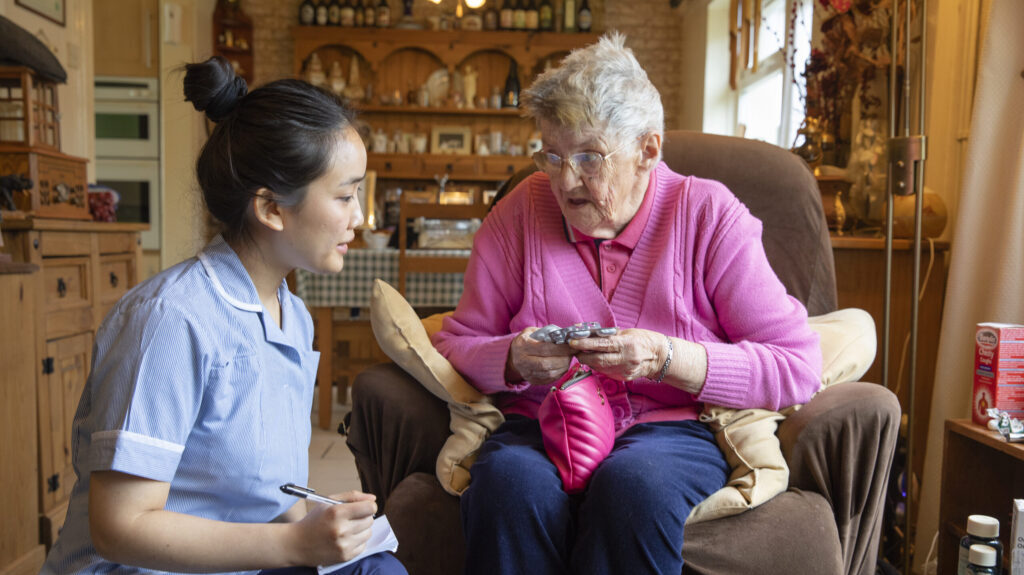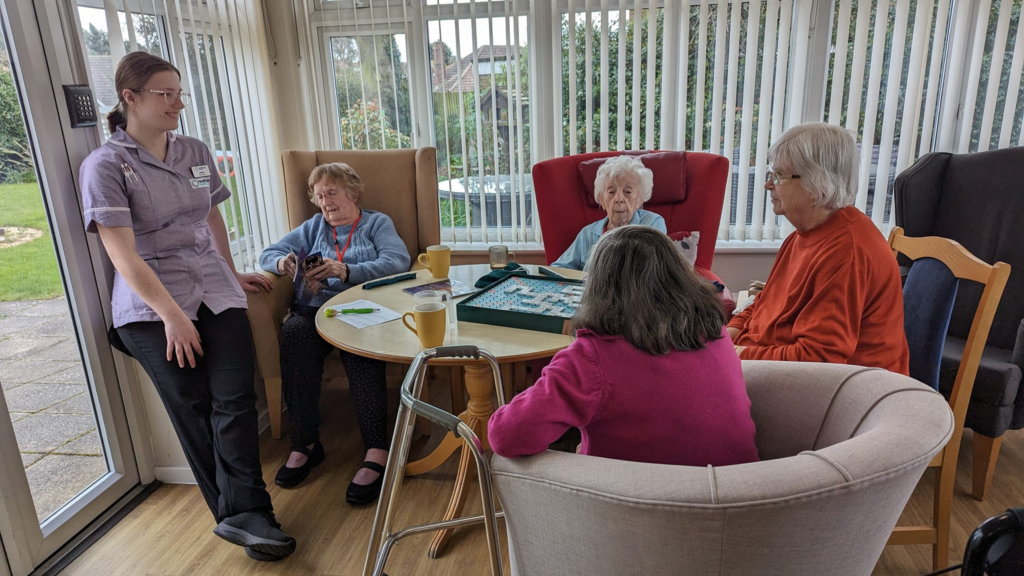Majority of social care workers back industry qualifications
According to a recent report on the value of professional qualifications, 90% of British social care workers believe that studying for professional qualifications is worth the effort.
This was the highest percentage of any sector surveyed, beating out the education and legal sectors, according to results gathered by CoursesOnline.
Conducted in March, the survey of 4000 workers across Britain aimed to identify sectors benefiting from current approaches to training and personal development, and show which were in greater need of reforms. It also revealed that those within the social care sector were split exactly 50-50 in terms of their preferred choice of learning, with half opting for a dedicated training course to teach them what they know, and the other half preferring to develop their skills practically on the job.
82% of social care workers agreed with the statement that their qualifications had helped them to positively apply for a job, compared to just 49% of overall respondents agreeing with the statement.
However, there was some discernible difference when it came to the age of the survey respondents. 72% of those aged below 35 argued in favour of their qualifications, compared to just 55% of those aged 35 and over.
An aspiring Health Care Assistant studying remotely with the Open Study College said that her study of a Health and Social Care QLS Level 3 course provided her with “the specialist knowledge that (she) wouldn’t have obtained from simply learning on (her) own”. Having undertaken her studies during the height of the Covid pandemic in 2020, she felt that she had access to resources that was beyond her reach: “the structure that came as part of the qualification programme really helped keep me focused despite how isolating that period of time was”.
“The learning material provided to see learners through the qualification process can’t afford to be generic,” said Sarah-Jane McQueen, general manager of CoursesOnline.
“Those studying need real-world examples as to how what they learn is applicable to their day-to-day work, Within the care sector, in particular, there are so many variables to keep track of in order to deliver the best standard of patient treatment, so expecting workers to just be able to wing it so to speak is far from the best learning option”.



